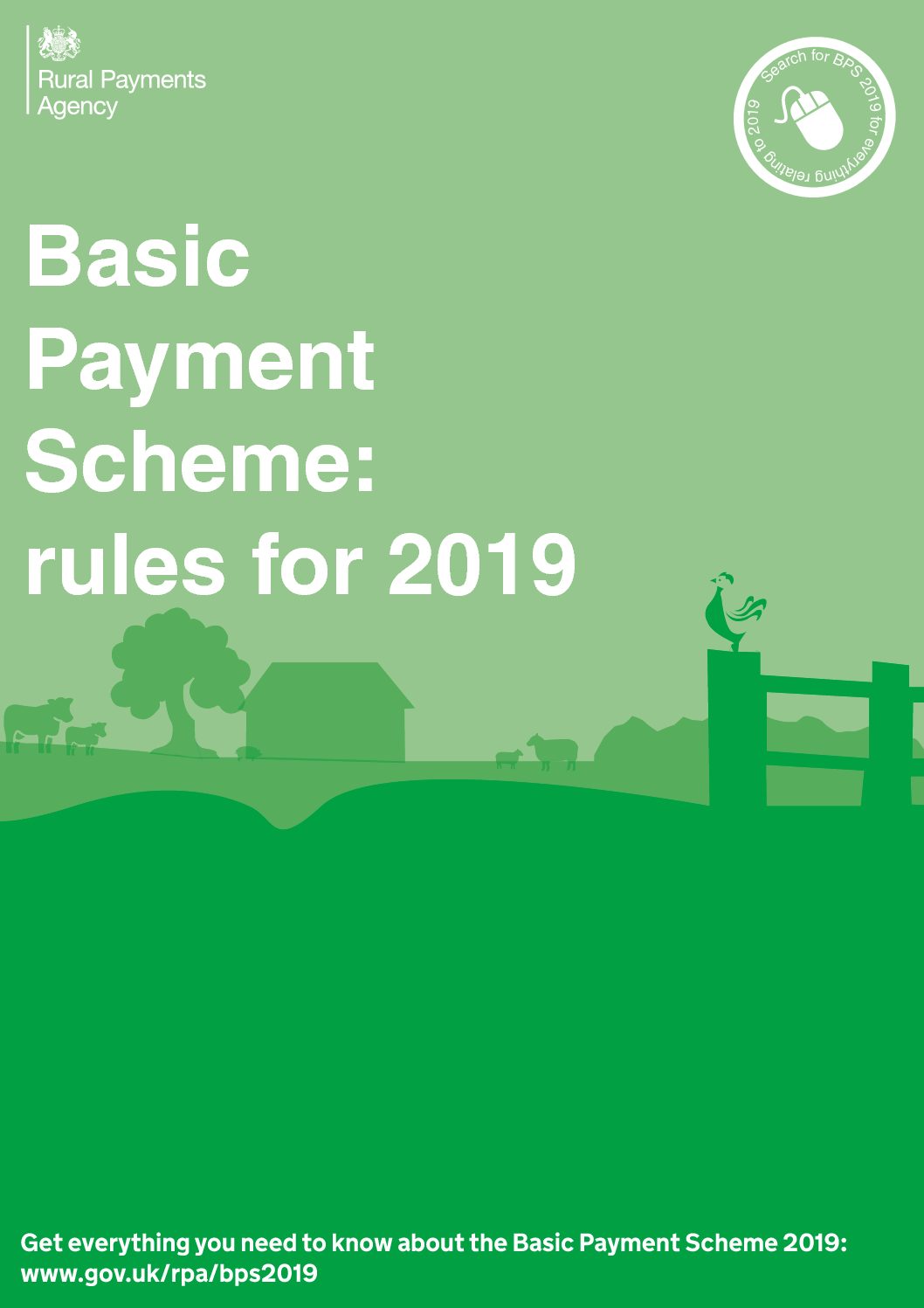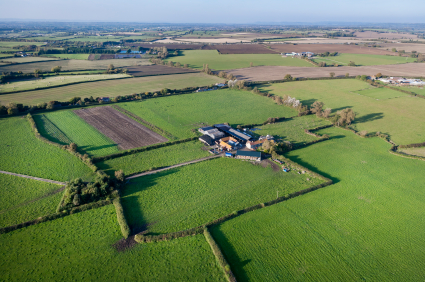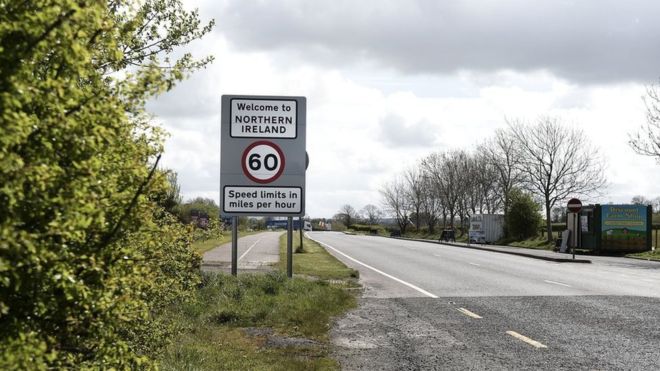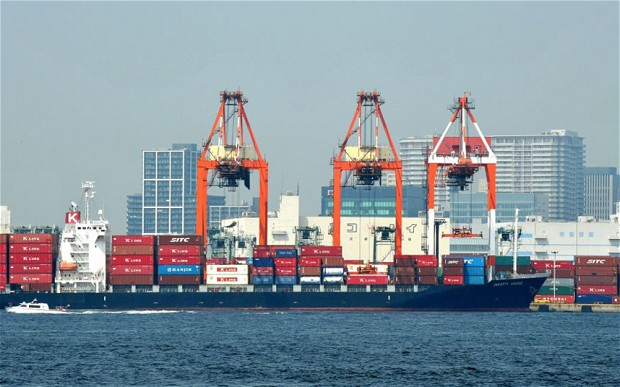Politically, it has been yet another tumultuous month regarding Brexit, but from an agri-food perspective, there have been relatively few developments of note and the Brexit fatigue factor has also been raised another few notches.
Last week Westminster witnessed the emergence of a new political group (The Independent Group) partly due to dissatisfaction with the Brexit policies of Labour and the Conservatives. Yet again, the Prime Minister has decided to delay the ‘meaningful vote’ on the negotiated deal, which is now due to come before Parliament by 12th March. This is in order to give the Attorney General more time to achieve clarifications from the EU, potentially permitting him to change his legal opinion on the indefinite nature of the backstop.
On 26th February, Theresa May offered MPs the chance to have two separate votes if her negotiated deal fails to pass on the 12th;
- On 13th March, MPs will be asked whether they support a No-Deal Brexit. Therefore, the UK would only leave without a deal on 29th March if there is ‘explicit consent’ in the House of Commons for that outcome. Such consent is highly unlikely.
- If this fails, then MPs would get a vote on 14th March requesting an extension to the Article 50 negotiation process to delay the UK’s withdrawal to beyond 29th March.
Whilst the PM still claims to be intent on securing a Brexit deal and the UK’s EU withdrawal on 29th March, the prospect of a short extension of Article 50 to the end of June have increased considerably. Of course, such an extension would also require the approval of the EU. However, noises from Brussels suggest a positive reaction to such a request. Any request to extend Article 50 beyond the end of June would require the UK to participate in European Parliamentary elections in May, something which the Government has very little appetite for. Last week, there were also claims in Brussels that the UK’s exit could be extended until 2021 which would coincide with the end of the current EU budgetary period. However, there has since been a rebuttal of such claims in Brussels. This approach appears to suggest that the PM is seeking to cajole the Brexiteers within the European Research Group (ERG) into accepting her negotiated deal with the EU. If Parliament votes to rule out No-Deal, then what remains is likely to be a choice between the Government’s negotiated deal or No Brexit at all.
Meanwhile, Labour has also been making noises about changing its Brexit position. On 25th February, it claimed that if Labour’s preferred Brexit option (encompassing a UK-EU Customs Union) was rejected, then it would advocate a second Referendum. However, given the PM’s latest announcement, it is currently unclear when there would be a vote on its preferred Brexit option in the next few days.
Just when one thought that the Brexit process had run out of road and the precipice of a cliff-edge Brexit was becoming a real possibility, it looks like the Government has managed to kick the can yet again. All the while, the agri-food industry is none-the-wiser as to how it can manage Brexit-related uncertainties. Such paralysis is have a material impact on investment decisions and productivity across the industry.









